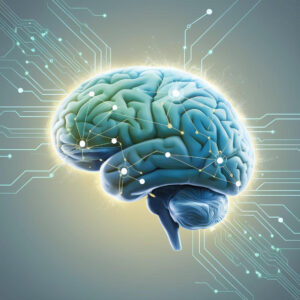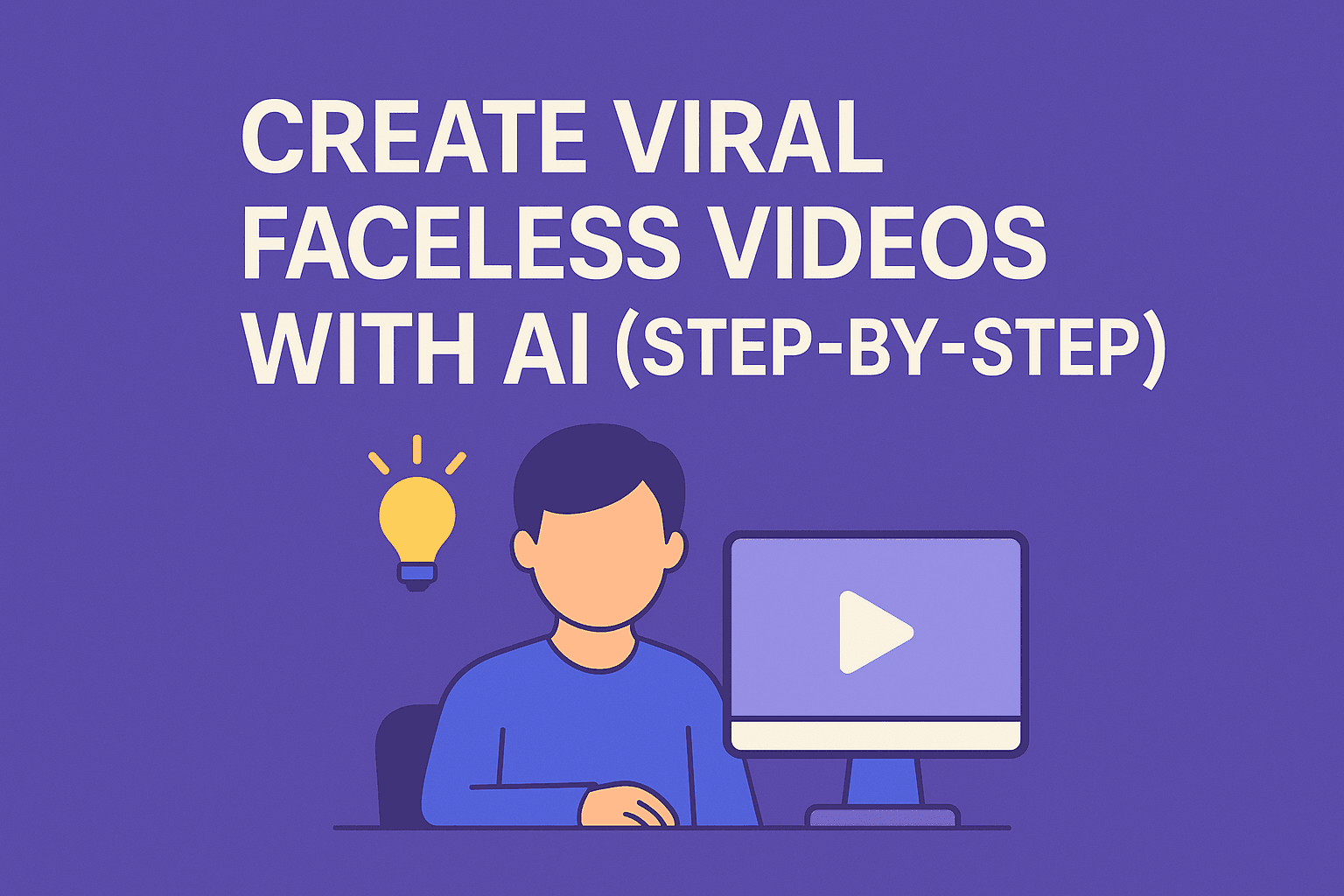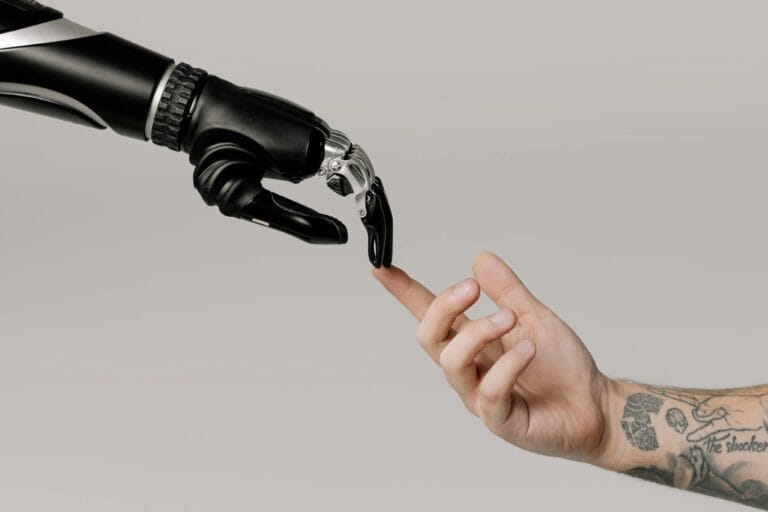How AI in Mental Health is Revolutionizing Therapy, Diagnosis, and Treatment
Introduction: The Role of AI in Mental Health
Did you know that nearly 1 in 5 adults in the U.S. faces mental health challenges each year? Accessing quality mental health care is hard for many people. This is often due to limited resources and a shortage of professionals. However, AI in mental health is helping bridge these gaps. AI offers new ways to get help, from therapy and diagnosis to treatment. By making virtual therapy and early detection possible, AI is transforming mental health care and making support more accessible.
AI in mental health is not just a trend; it’s a powerful tool. It offers virtual therapy through chatbots and can detect symptoms early with data analysis. This article explores how AI in mental health supports diagnosis, therapy, and treatment. It also highlights free tools anyone can use.
1. AI in Mental Health Diagnosis: Early Detection and Precision Care
Traditionally, mental health diagnosis has relied on clinical interviews and assessments. This can take weeks or even months. Today, AI tools can analyze behavior patterns, social media activity, and even voice recordings. They can detect early signs of issues like depression, anxiety, and PTSD. This approach helps people who may not recognize their symptoms or feel reluctant to seek help.
How AI Diagnoses Mental Health Conditions
AI-driven diagnostic tools use natural language processing (NLP) to assess text and speech. These tools look for signs of emotional distress, changes in tone, and word patterns. For example, social media posts might show a shift in language that relates to depression or anxiety. By analyzing this data, AI in mental health can identify warning signs before a crisis happens.
AI Tools for Early Detection
Several AI tools offer mental health self-assessment:
- Moodpath: Provides daily assessments of mood and feelings, helping users track patterns over time.
- Woebot: An AI chatbot that uses NLP to engage users in reflective conversations, offering insights on emotional well-being.
These tools help individuals monitor their mental health and seek support if needed.

2. AI-Powered Therapy: The Rise of Virtual Mental Health Support
Barriers like cost and limited availability make AI-powered therapy tools essential for mental health access. Delivered via apps or online platforms, virtual AI-driven therapy helps millions who need support but lack access to professionals.
How AI Therapy Works
AI therapy tools, such as chatbots, ask questions, listen to responses, and offer guidance based on cognitive-behavioral techniques. Woebot, for instance, engages users in casual conversations, giving therapeutic advice in a friendly way.
Benefits of AI-Powered Therapy
- 24/7 Availability: AI therapy tools are accessible anytime, offering immediate support.
- Affordability: Many AI tools are free or low-cost, making therapy more affordable.
- Personalization: AI tools tailor responses based on user data, creating a customized experience.
Popular AI Therapy Tools
Here are a few widely-used therapy apps:
- Youper: Combines conversational AI with cognitive-behavioral techniques to help users manage stress and anxiety.
- Wysa: An AI chatbot that guides users through exercises to reduce anxiety and manage emotions.
While AI-powered therapy does not replace traditional therapy, it is helpful for those needing immediate support.

3. AI in Treatment and Medication Management
AI tools are now used to manage treatment plans for mental health conditions. By analyzing patient data, AI systems help clinicians create optimized treatment plans. They can suggest medications or interventions based on individual histories, improving treatment outcomes and minimizing side effects.
Using AI for Medication Management
AI tools assist patients with medication management. They send reminders, track symptoms, and alert caregivers if patients miss doses or experience side effects. This support is especially useful for patients with conditions like bipolar disorder, schizophrenia, or major depression, where treatment adherence is critical.
Tools for Mental Health Management
The following apps help with medication management and treatment planning at low or no cost:
- MyTherapy: Tracks medication schedules, documents symptoms, and generates progress reports to share with clinicians.
- Medisafe: Sends reminders and connects users with caregivers, supporting adherence to treatment plans.
AI-based treatment and medication management improve adherence, creating a supportive environment for mental health patients.
4. Benefits and Challenges of Using AI in Mental Health
Benefits of AI in Mental Health Care
AI in mental health care offers several advantages:
- Increased Accessibility: AI tools provide support regardless of location or income.
- Early Detection and Intervention: AI identifies early warning signs, allowing prompt intervention.
- Data-Driven Insights: By analyzing large data sets, AI aids in treatment planning and mental health predictions.
- Cost Savings: Many AI tools are affordable or free, reducing financial burdens on individuals and health systems.
Challenges and Ethical Considerations
However, AI in mental health has challenges:
- Privacy Concerns: Mental health apps collect sensitive data, raising privacy concerns.
- Lack of Human Touch: While AI offers guidance, it may lack the empathy that human therapists provide.
- Potential for AI Bias: AI models trained on limited data can lead to biased outcomes, potentially affecting care quality.

5. Future Prospects: How AI Will Shape Mental Health Care
The future of AI in mental health looks promising. As machine learning and predictive analytics advance, AI will likely integrate more into mental health care. Future trends may include:
- Integration with Virtual Reality (VR): AI combined with VR could offer immersive therapies, creating controlled environments for confronting anxieties.
- Predictive Models for Crisis Prevention: AI may monitor users proactively, predicting crises before they happen.
- Hybrid Therapy Models: As AI tools evolve, more professionals may adopt hybrid models where AI handles routine interactions, and therapists manage complex issues.
Conclusion: Embracing AI for Better Mental Health Care
AI is transforming mental health care, making it more accessible, personalized, and proactive. Whether diagnosing conditions early, offering virtual therapy, or managing medication, AI-driven tools address critical gaps in mental health support. However, ethical standards and human oversight remain essential as we embrace these innovations.
For those curious about exploring AI in mental health, the resources above provide a valuable introduction. As AI evolves, we can expect advancements that will shape our understanding and treatment of mental health, positively impacting lives worldwide.




